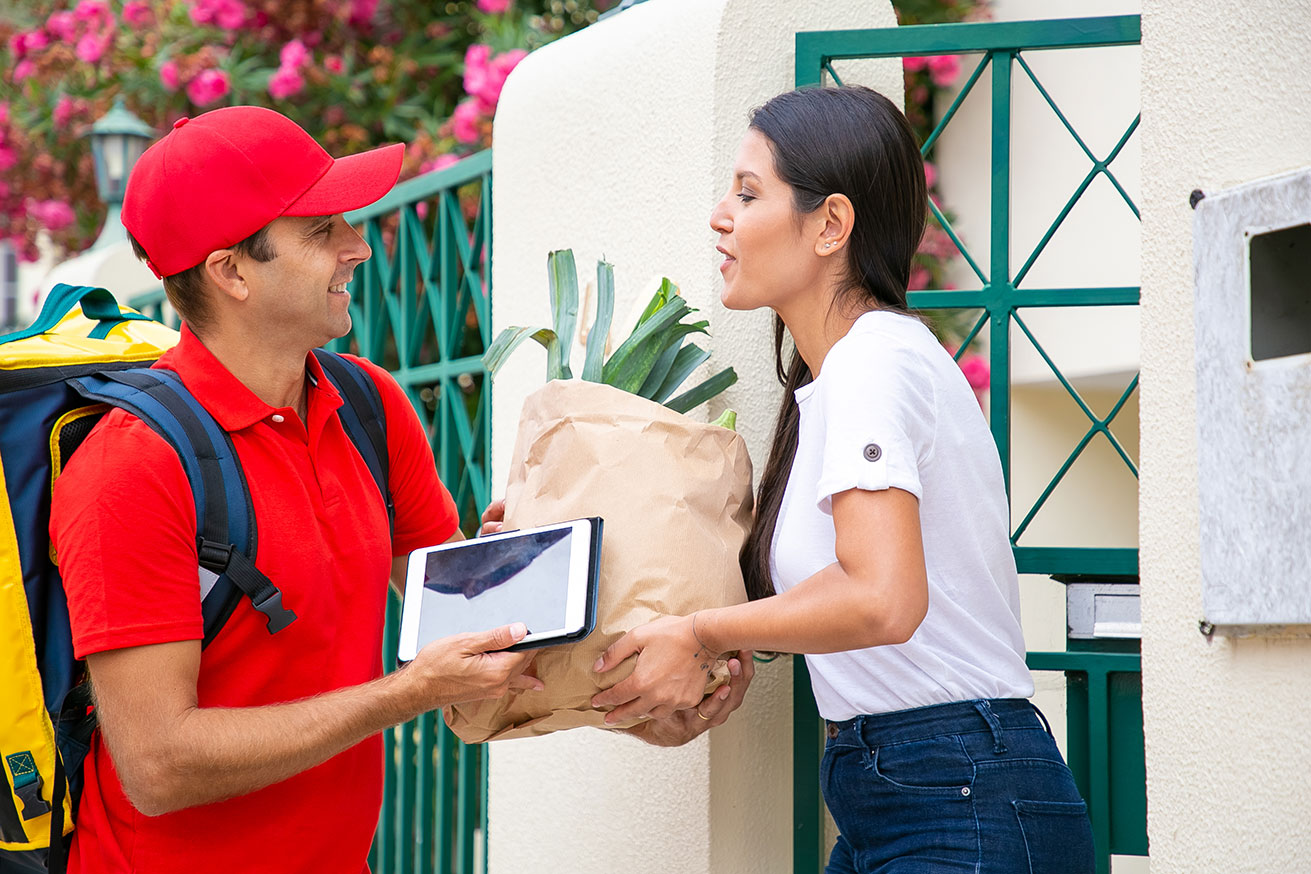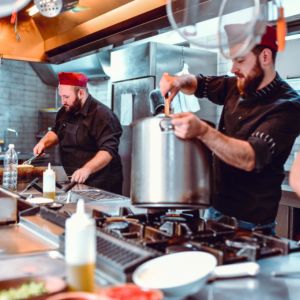

The COVID-19 pandemic and the long-lasting lockdown has marked a perpetual impact on the Food and Beverage Industry and Hospitality― remarkably the Indian industry; considering the country has been reduced to ashes due to the surge in fatal cases from the past few months. The Hospitality Industry was barely limping back to normal as the situation finally seemed to be getting better. However, as several states have reimposed strict Covid-19 curbs amid the second wave of the virus outbreak, the sector has been running on a massive loss, and there has been a tremendous impact on the sales and survivability of the industry. According to the National Restaurant Association of India, nearly 40% of restaurants have shut down.
The F&B industry needs disruption beyond last-mile logistics. The food supply chains faced tremendous problems due to the lockdown, having to cope with dysfunctional logistics, supply chain delays, shortage of warehouses, labour, etc. If anything, last-mile should be the last concern to these businesses. The adamant re-occurrence in lockdowns have taught the industries an important lesson― it’s time to analyse the learnings from the worst of the phases, one of them being redesigning their supply chains keeping future resilience in mind.
For the transition to take place, the following points must be kept in mind―
Food delivering companies should be looked up to when it comes to evolving consumer preferences. At this hour of the pandemic, the customers need constant reassurance on the safety of the food. It can be said that they’ve been successful in gaining their customer’s trust. From ensuring safe, quick, and contactless deliveries to showing the temperature of the delivery staff and providing specially sanitized delivery alternatives― a good F&B chain works on gaining their customer’s trust as their utmost priority.
With social distancing with the new norm, food delivering companies should work on amplifying contactless ‘tap-and-go’ payment options. Work on OTP-based transactions and payment on touching cards.
When you book a large double-cheese pizza at McDonald’s and are anticipating the mouth-watering slice to enter your mouth, your friend for the time is real-time order tracker. Accurate route planning is a cost-effective tactic companies must implement. It delights customers as they count down on the minutes left for their pizza to reach their doorstep. Investing in intelligent route optimization software is a great investment, to begin with.
Finally, here comes the last trouble an F&B chain has to counter to ensure their delivery reaches their customers on time. Last-mile delivery has always been a problem, but it has amplified now due to the pandemic and month-long lockdowns. It’s always a challenge for F&B companies to deliver on the expected days, reducing the operating costs while managing to make considerable amount of profits to feed off their employees. Recently, F&B companies have been dodging the middlemen and directly reaching out to their delivery executives. In order to meet the expectations and demands of the customers, the companies must employ delivery optimization software to use.
As much as most of the confidential data must lie on the upper hand, it’s important that companies trust the staff below the management levels. A ‘crisis team’ must be formed, and they should be given some freedom to form their own decisions in instances of making last-moment decisions since these employees often are more familiar with ground-level decision activities of the company.
Customer success is anticipating customer queries or questions and proactively providing them solutions. A great customer success brings various benefits to a business―
It has been found that customers purchase more from a company after a great customer service experience.
Gaining a customer’s trust plays an integral role. Noticeably, the amount a customer is willing to spend on a business grows alongside trust. Customer success helps establish loyal customers, and it has been found that old customers spend 67% more than new ones.
There is a chance as high as 83% that customers who had a great experience with buying from a business, would gladly agree to provide a referral to their friends and family when asked to. In order to find out which customers to ask for referrals, your question can be along the lines of “How likely are you to recommend us to a friend?”
Customer expectations and demands are creating critical challenges and giving path to models like hyperlocal delivery, dark stores, and direct to consumer. Food delivery is like a row of dominoes, of which last-mile is the last domino. Hence, it’s time to adopt a sustainable supply chain and built a road to smoother deliveries in the future


